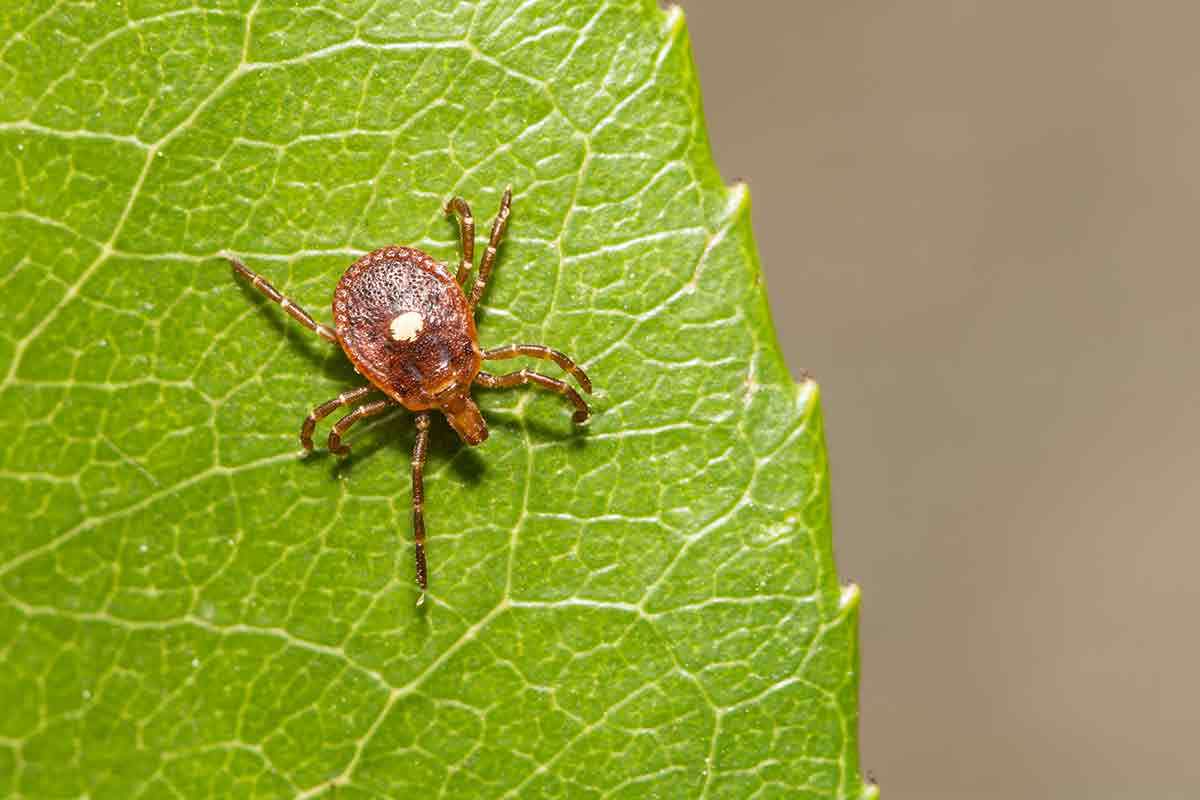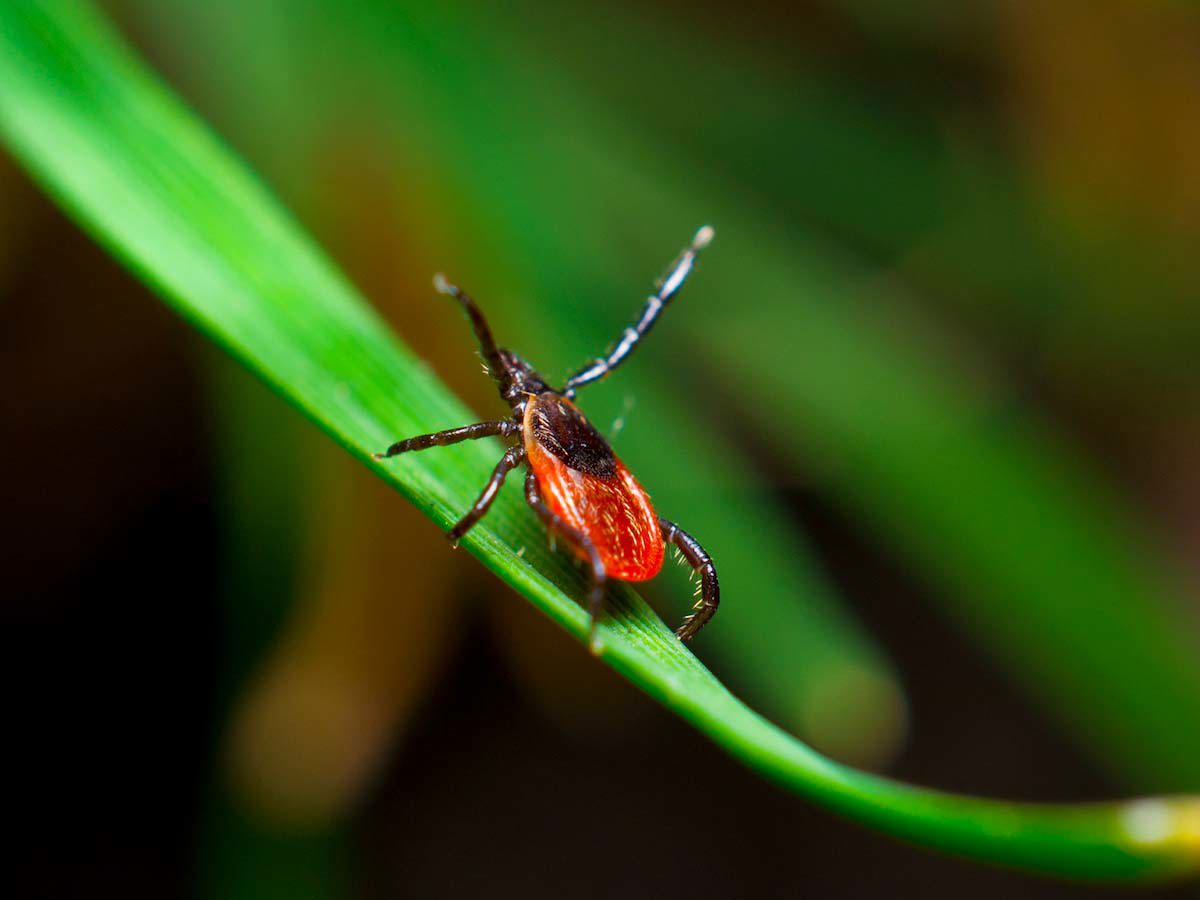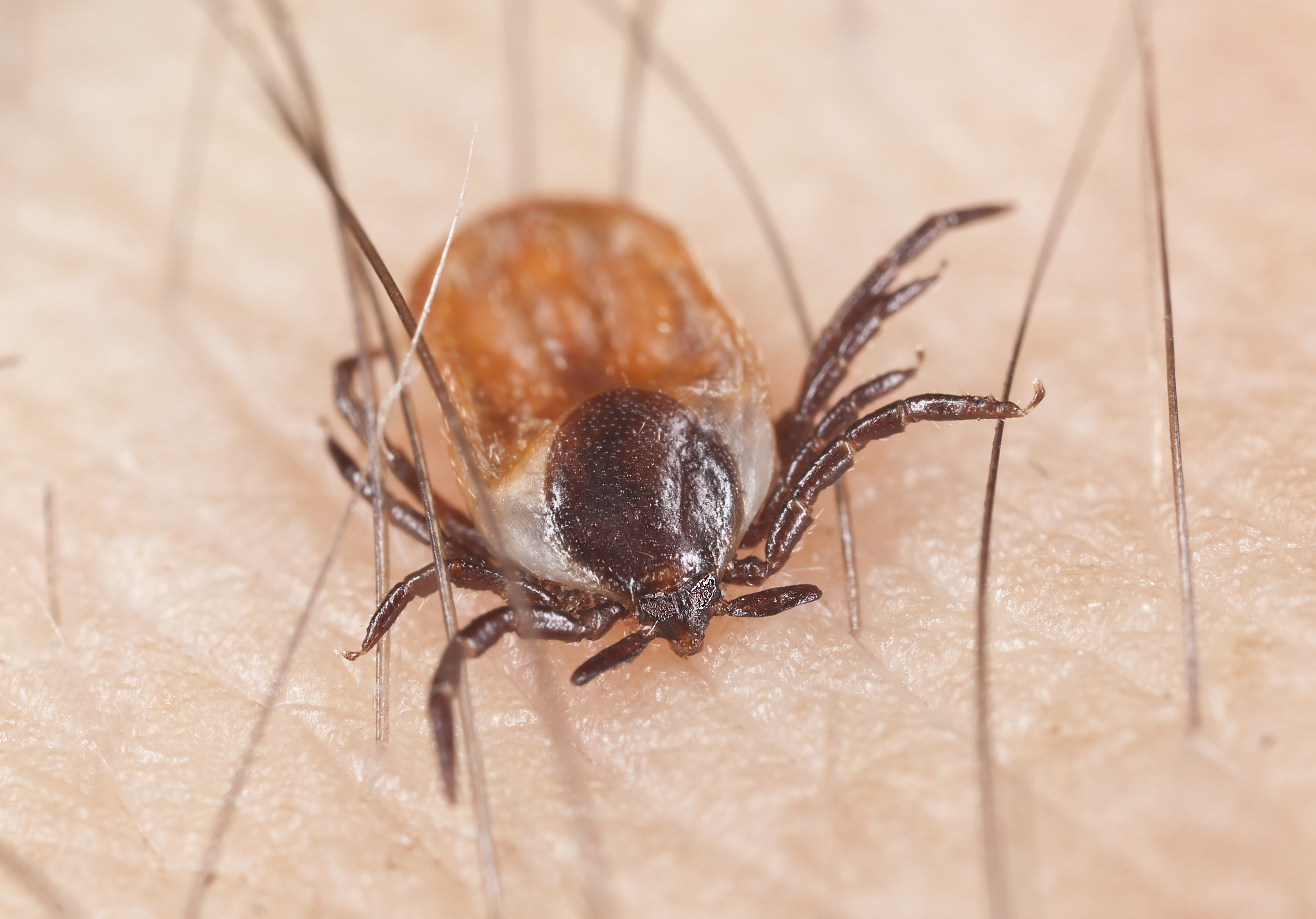Ticks in Illinois
According to the Illinois Department of Public Health, the most common diseases associated with tick bites reported in the state are Lyme disease, Rocky Mountain spotted fever and ehrlichiosis. With this in mind, Illinois residents need to make sure they are taking certain precautions to avoid tick bites.
What Type of Ticks are in Illinois?
According to the Illinois Department of Public Health, the most common tick species in the state are:
When Do Ticks Come Out in Illinois?
Adult ticks are most active in the state during April, May, and June. Though not impossible, instances of tick bites are much less common throughout the fall and winter.
Are Ticks “Bad” in Illinois?
This answer depends somewhat on where you live, as the types of ticks in Illinois that people encounter differs based by region. For instance, according to the Illinois Department of Public Health, the lone star tick and American dog tick can be found throughout the state, while the blacklegged tick is primarily established in the northern half. However, regardless of where you are in Illinois, there are simple precautions you can take to limit your exposure to ticks:
- When spending time outdoors, wear long-sleeved shirts, long pants, and closed-toe shoes — this limits how much skin is exposed to ticks. Light-colored clothing also helps in identifying ticks.
- Wear insect repellent with at least 20% DEET.
- If hiking through wooded areas, remain on the center of the path and avoid brushing against vegetation or low leaves, as ticks could hide within them and latch on to you.
- Once you are done spending time outdoors, check yourself, as well as your pets and family, for ticks. It is possible for pets to bring in ticks from outside and transfer them to bedsheets and other places around the home.
What to Do If You Are Bitten by a Tick in Illinois
If you find a tick on you, a loved one or a pet, take the following actions:
- Pull back any hair in order to expose the tick.
- Using a pair of tweezers, grasp the head of the tick firmly. Do not grasp its body, as this may cause the tick to inject blood into the skin.
- In a straight motion, pull the tick’s head away from the skin – avoid wiggling or twisting the tick.
- Dispose of the tick by wrapping it tightly in a tissue and flushing it down a toilet, or placing it in a closed receptacle.
- Wash the bite area and your hands with warm water and soap. If you develop a fever or a rash around the bite area, contact a physician.
Find a Tick Control Professional in Illinois Today
If you have ticks near or on your property, it is best to hire a professional to deal with them. Enter your zip code to find a local licensed exterminator near you.








